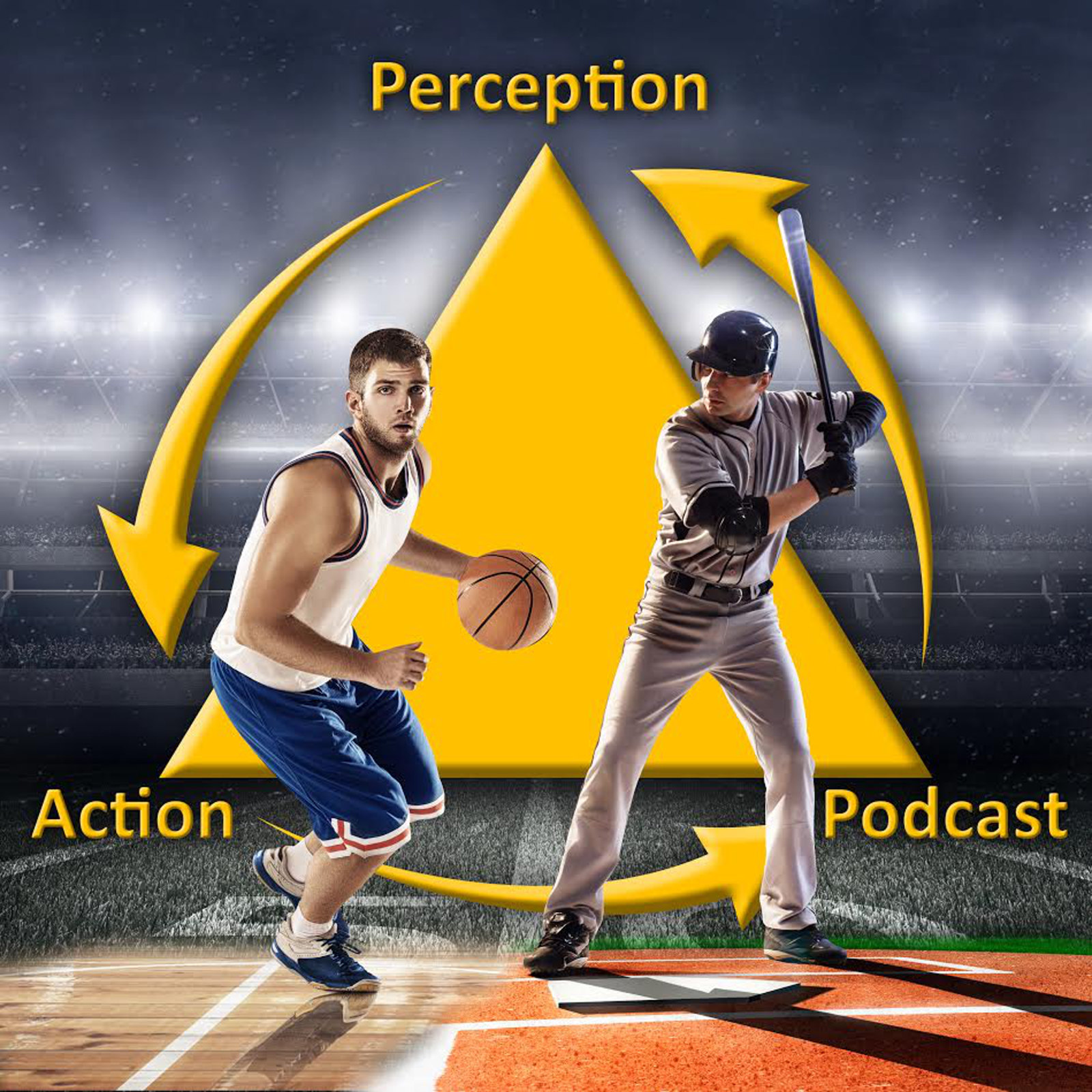164 – Constraining Vision to Educate Attention & Promote Skill Acquisition
164 Comparing and contrasting some different methods for using visual constraints during practice, including stroboscopic training, spatial and temporal occlusion. What transfers to competition?Download link Articles: Effects of Visual Control Training on the Shooting Performance of Elite Female Basketball PlayersThe impact of a training intervention with spatial occlusion goggles on controlling and passing a footballThe…
Read More